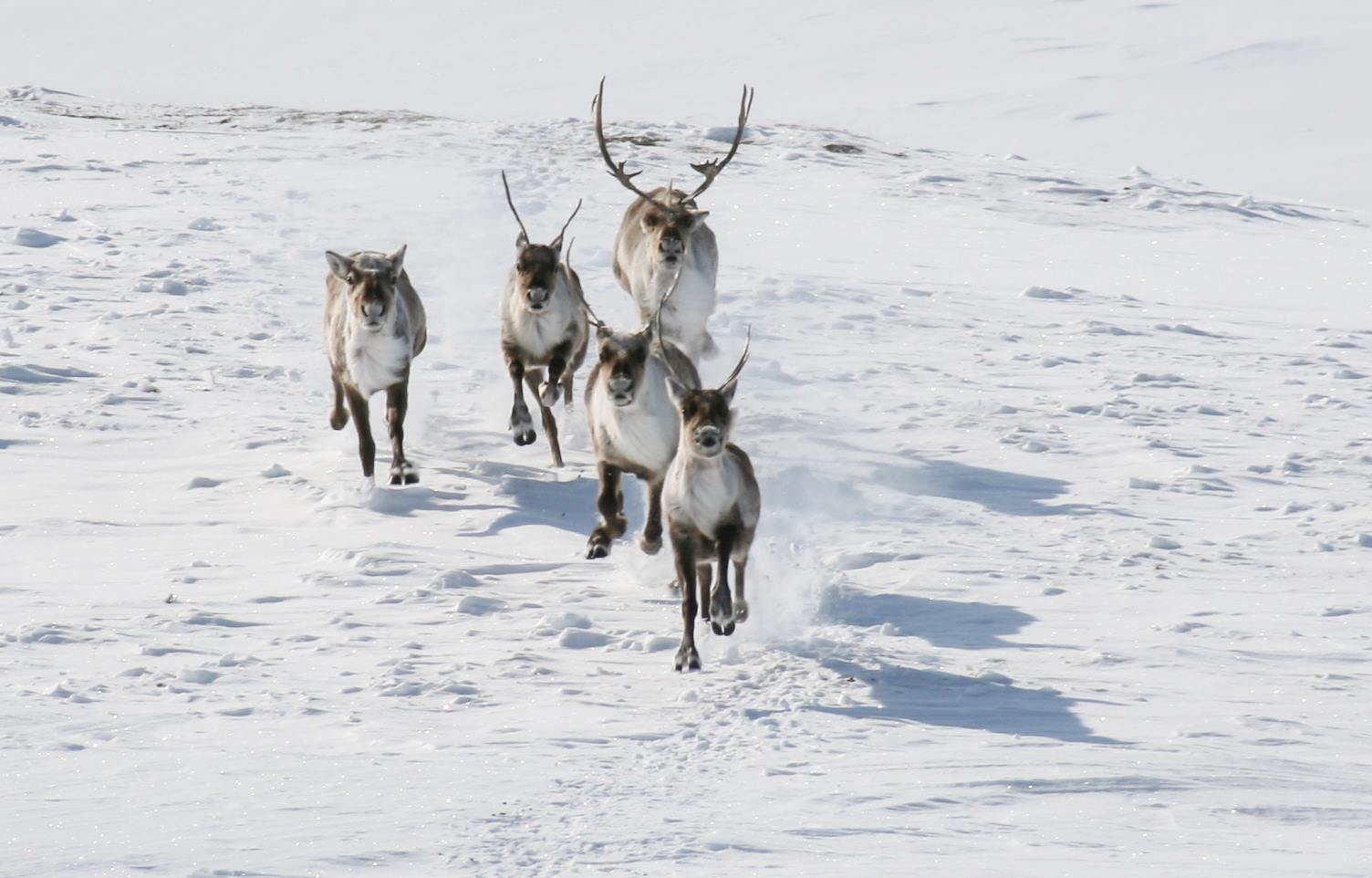
Alaska News Brief February 2021: The climate crisis isn’t a surprise
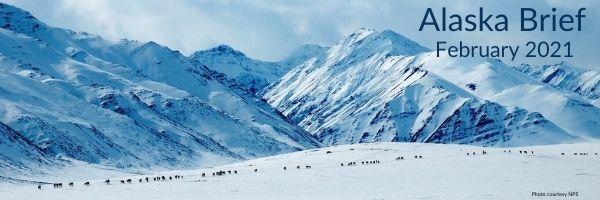
The climate crisis didn’t come out of nowhere.
Scientists posed early theories about the “greenhouse effect” in the 19th century, and researchers in the 1950s and 60s started looking into how the rising levels of carbon dioxide might impact people in the future.
Those worries gained public attention in 1988, when James Hansen, a computer modeler told the U.S. Senate and journalists that the planet was almost certainly warming.1 The earth’s warming had become obvious.
Oil giant Exxon knew the impacts of human industrialization and the burning of fossil fuels as early as 1977, and then spent decades refusing to acknowledge it, and even promoting disinformation about it.2
When I was in law school in the early 1990s in San Francisco, I bought a 1989 Sierra Club book by Stephen H. Schneider, asking and attempting to answer whether we are entering the greenhouse century. He thought we were in it and it would take a decade or so of heat, forest fires, intense hurricanes, and drought to convince skeptics.
So here we are
In Alaska, political leaders ignored climate and economic diversity warnings while drinking up the oil agenda and money. They constantly promoted oil and gas projects at home and abroad while doing little to nothing to prepare for a transition to clean energy choices and revenue sources other than oil.
Now, with a just-installed President who not only acknowledges the climate crisis but also wants to act on it, Alaskans remain blinded by “black gold,” never considering other options. Truth is, too many self-proclaimed leaders have for too long failed the Alaska people.
When Alaska became a state, leaders were worried that the federal government would exploit resources like fish and not leave any behind, so they did something about it. Now Alaska’s state leadership has become the exploiter, claiming its own victimhood even as it clutches dead solutions to very real problems.
Now oil extraction makes no economic sense, no climate sense, and no future sense. The pivot toward an economy centered on community health should have happened decades ago. Instead, Alaska’s “leaders” pulled the state into a dead end, cutting basic needs, innovation and community care-taking along the way.
Deepening relationships with the land
Anyone looking for solutions for a healthy future has been sidelined for decades. Now we must be wary of exploitation continuing to dominate political and economic agendas; we must move toward a lighter footprint on the planet, while deepening our relationship with it and our communities.
What matters today is how we transition from a fossil fuel economy that makes our choices for us–degrading human health and human rights along the way–to an economy that truly manages our communities for the health of everyone.
What matters today is transitioning away from economic systems that channel wealth and power to the uber-wealthy class and corporations, while forcing the majority of people on the planet to fight for safe places to live, healthy and accessible food, clean water, and communities free of pollution and violence.
This means looking at everything holistically, as entwined and essential to each other.
It heartens me that the Biden administration has enlisted all federal departments to work together toward climate goals rather than appointing a climate czar.3 It heartens me that people in Alaska right now are coming up with ways that we can bring justice, health, and community agency to the center of Alaska’s economy.4
The great garbage patch
Since everything is connected, and because I started my path to Trustees with a love for and study of marine biology, let me share my concern over the wanton waste of plastics. Plastics are almost entirely made of fossil fuels, and the narrative of fossil fuel “abundance” led to throwaway culture.
These plastics have been caught up in circulating ocean currents or gyres that in turn create massive garbage patches that endanger sea mammals, birds, and fish. The north Pacific gyre has pulled human debris into what’s called the Great Pacific Garbage patch, for example.
Research shows that over 200 fish species of importance to people as food and for their livelihoods are eating plastics from these garbage patches.5 Some necropsies show digestive systems full of plastic, and even plankton are full of it.
The health of our food relies on healthy land, water, animals
Trustees works to protect fish and animals that provide food to Alaskans. We know the concern over food health and access is global. To make sure that everyone can eat nourishing food requires that we all see the connections. The economies that drive toward wealth and power for the few promote a systemic throwaway culture that disenfranchises low-income communities and communities of color.
We already know that industry pervasively leaves an area it exploits without doing the promised reclamation work to repair some of the damage. We know that companies use financial “outs” like bankruptcy and litigation to avoid accountability. And we know that their profits are being paid for in health and lives.
Those who benefit most by continuing an economy of feedback loops like gyres driving toward inequity and an unlivable planet will not solve the climate crisis; they will exacerbate and accelerate it.
No one of us or few of us can change that course, but all of us can.
I am grateful to work with all of you in unlearning and learning the past to live in a holistic way toward a better and more just climate future.
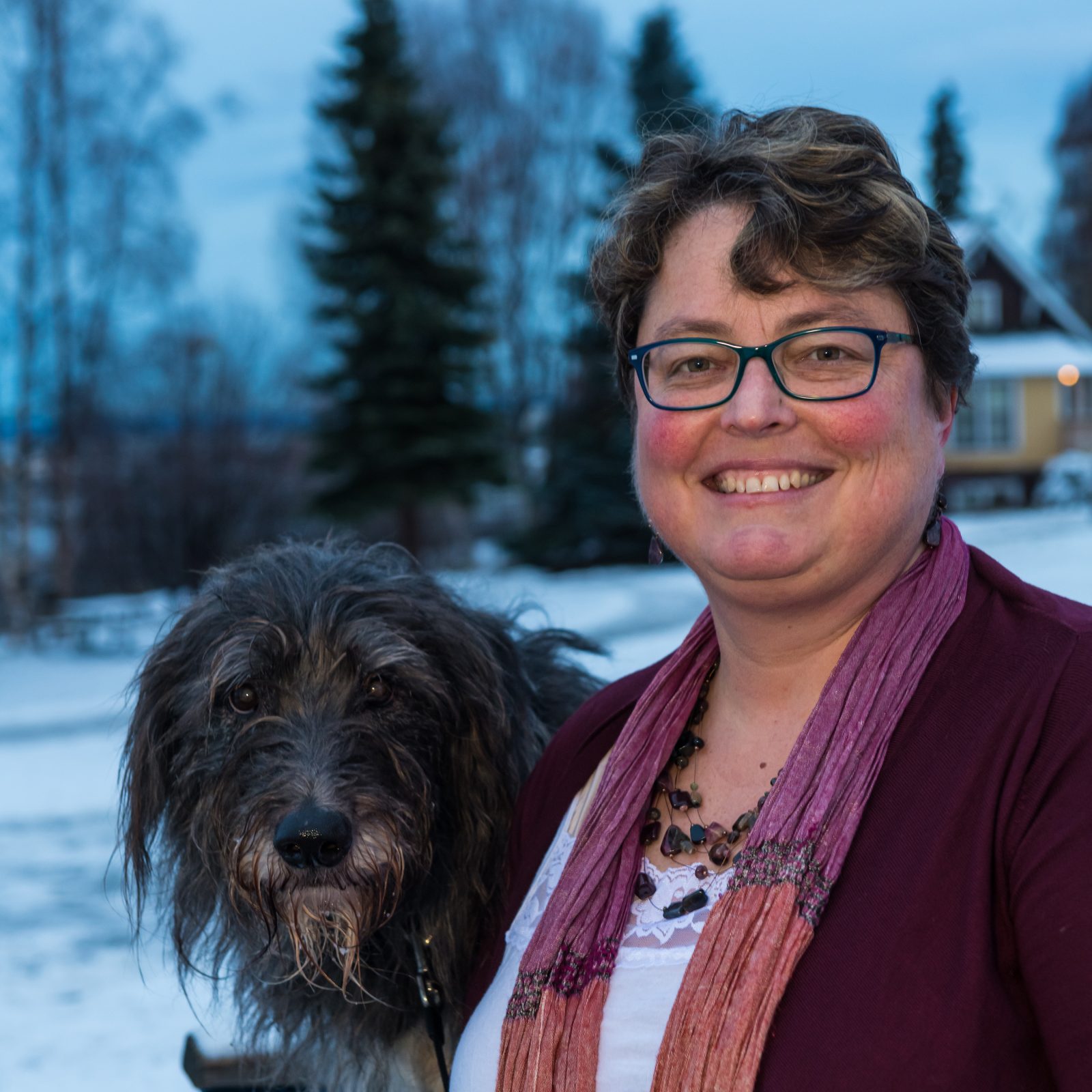

Vicki Clark, Executive Director
Footnotes:
- Exxon Knew about Climate Change almost 40 years ago
- A Hyper-linked Study of Climate Change Science
- How Biden aims to amp up the government’s fight against climate change
- Just Transition Alaska
- Stanford analysis shows plastic ingestion by marine fish is a widespread and growing problem
PS. Thanks to supporters like you, we can continue fighting to protect Alaska’s land, water, air, wildlife and people!
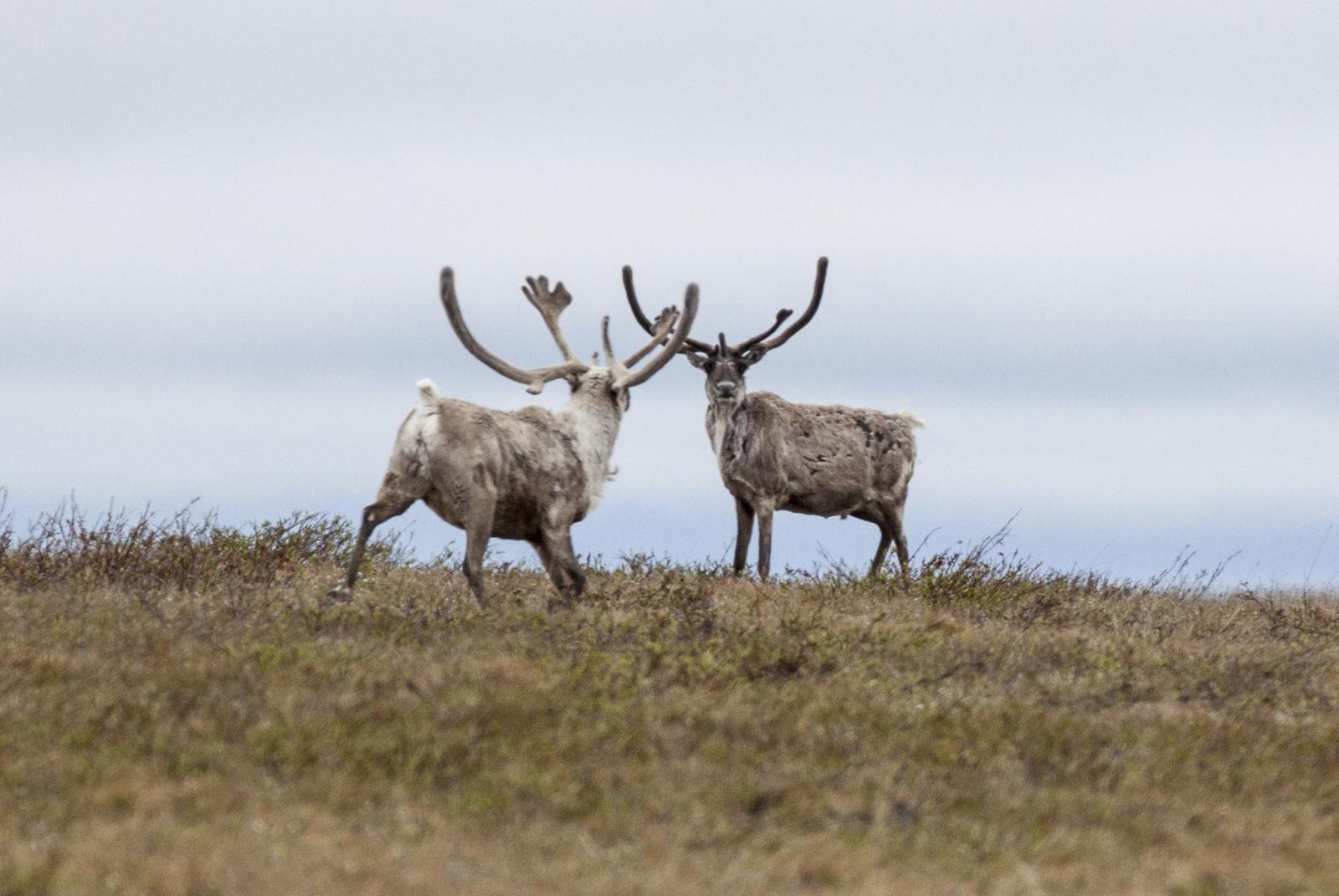
Court stops construction on massive Willow project
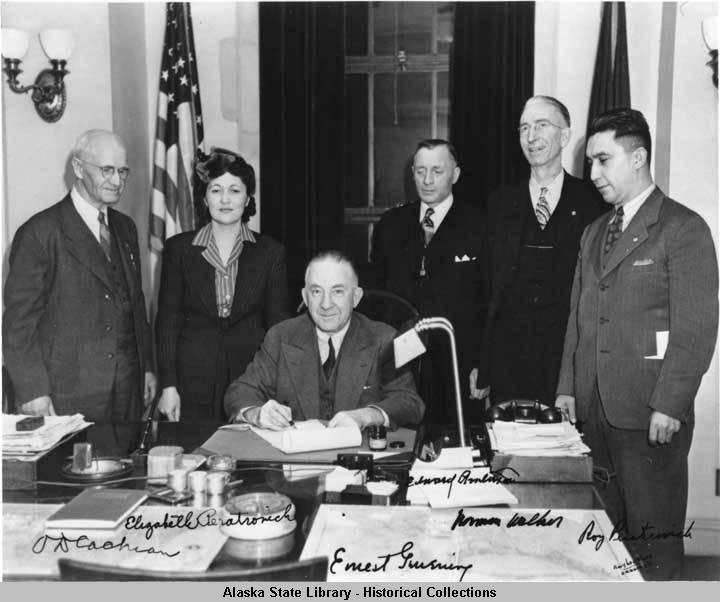
Honoring Elizabeth Peratrovich



